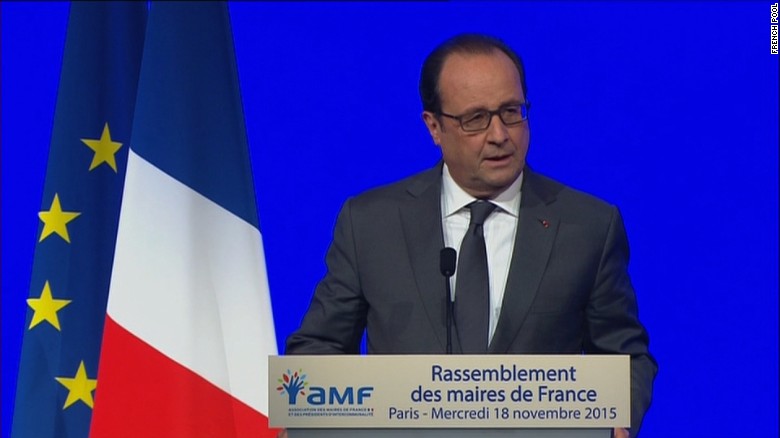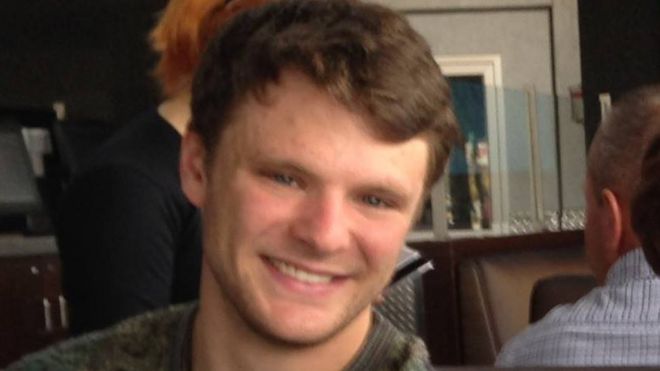FOR IMMEDIATE RELEASE: On International Holocaust Remembrance Day (January 27th) the Online Hate Prevention Institute has released a groundbreaking report “Measuring the Hate: The State of Antisemitism on Social Media”. The report tracks over 2000 items of antisemitism reported to Facebook, Twitter and YouTube. The items were tracked over 10 months and at the end of the period, only 20 per cent has been removed.
The response by social media platforms is unacceptable given the a sharp rise in violent hate crimes against Jewish people around the world. Last year, we saw four French Jews killed in an attack on a Jewish supermarket, a community security volunteer killed outside a Synagogue in Denmark, multiple knife attacks on Jews in Israel and a range of other serious antisemitic incidents. Rampant online antisemitism is also playing a significant role in self-radicalisation and the spread of violent extremism in parts of the Arab world and within some Muslim communities.
The new report examines the spread of antisemitism across Facebook, YouTube and Twitter. It also explores the spread across four categories of antisemitism. In both cases the removal rates over time are presented. This report is a world first in empirically examining these issues the responses of the world’s three largest social media platforms.
The four categories of antisemitism explored are: the promotion of violence against Jews; traditional antisemitism such as conspiracy theories, racial slurs, and accusations such as the blood libel; Holocaust denial; and New Antisemitism which relates to the State of Israel. Traditional antisemitism accounted for almost half the items reported.
The report also outlines where each type of antisemitism occurs, with content promoting violence against Jews far more likely to be found on Twitter, while content promoting Holocaust denial was most likely to be found on YouTube. There was also evidence of significant variations in way the social media companies responded to online antisemitism.
Within each company there was a significant variation depending on the category of antisemitism. The best response rates came from Facebook where content promoting violence against Jews showed a 75% chance of eventually being removed. The worst case was YouTube videos containing New Antisemitism, that is, antisemitism related to the State of Israel, where only 4% has been removed after more than 10 months.
Online hate speech is fuelling hate crimes around the world. Governments are starting to respond to the inadequate response by social media companies to this problem. Last year, German prosecutors launched a criminal investigation against senior Facebook executives in response to growing incitement on the platform against immigrants, and Facebook, Google and Twitter have since agreed to remove hate speech reported in Germany within 24 hours and to use the definition of German law rather than their own standards. Facebook has since announced a one million dollar project to tackle online hate in Europe.
Dr Andre Oboler, CEO of the Online Hate Prevention Institute warned that, “time is running out for social media platforms to improve their response to the crisis of dangerous content their technology is helping to spread through society. Governments around the world are demanding better regulation of hate, incitement and radicalisation material. This report shows that some platforms are doing more to meet this challenge than others, but all have a long way to go. The current situation is simply not good enough.”
The full report is available at: http://ohpi.org.au/measuring-antisemitism/
NOTES
The Online Hate Prevention Institute (OHPI) is an Australian charity dedicated to tackling the problem of online hate including antisemitism, online extremism, cyber-racism, cyber-bullying, online religious vilification, online misogyny, and other forms of online hate attacking individuals and groups in society. OHPI aims to be a world leader in combating online hate and a critical partner who works with key stakeholders to improve the prevention and mitigation of online hate and the harm it causes. Ultimately, OHPI seeks to facilitate a change in online culture so that hate in all its forms becomes as socially unacceptable online as it is in “real life”.
—

